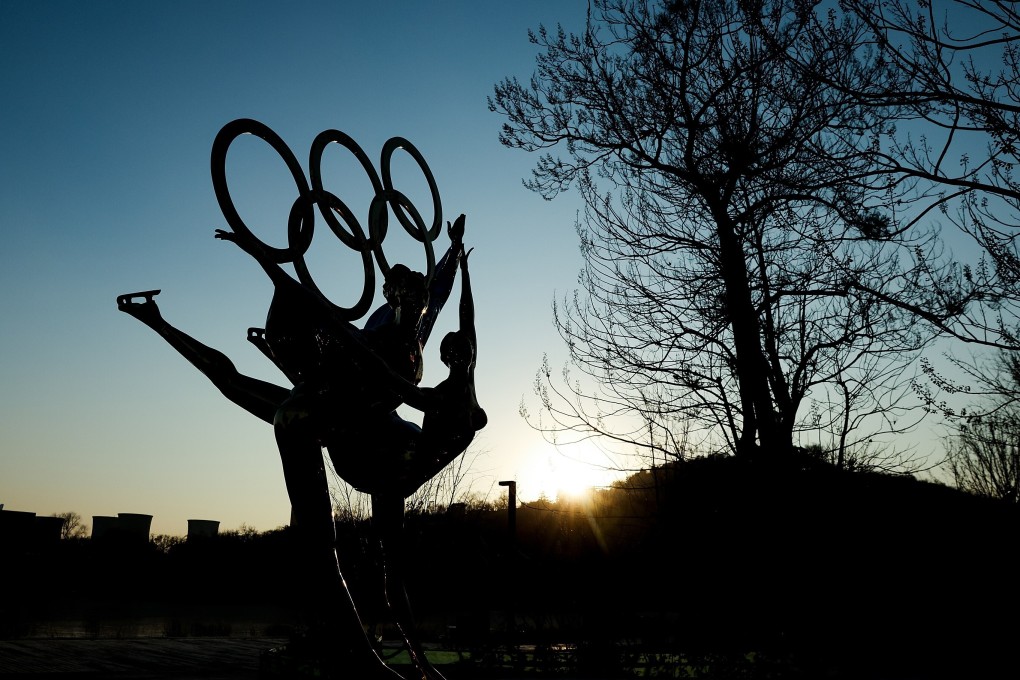Will Kim’s sister’s olive branch to Seoul herald a four-nation summit with US, China at the Beijing Winter Olympics?
- Analysts say the powerful Kim Yo-jong is floating a trial balloon to see if Pyongyang can resume dialogue with Washington through Seoul
- South Korean leader Moon Jae-in is keen on a summit between the Koreas, the US, and China as part of his reunification goal

They based their assessment on comments made on Saturday by Kim Yo-jong, the powerful sister of North Korean leader Kim Jong-un, when she made clear her support for a formal end to the Korean war and a fresh inter-Korean summit if Seoul treated Pyongyang with “impartiality” and mutual respect.
Moon had earlier suggested the two Koreas – along with the US, which supported the South, and China, which backed the North – get together and declare an end to the conflict, possibly at the Beijing Winter Olympics, which will be held from February 4-20 next year.
However, Kim said such a declaration would be conditional upon the South abandoning “hostile policies” and “double-dealing standards” against the North, which analysts saw as ambiguous conditions that could be puzzling to Seoul.
Yang said Pyongyang could be “seeking to give a boon to Beijing’s efforts to stage a successful Olympics by giving it a chance for a political stunt there – a summit of leaders of the four countries, including the two Koreas, the US and China”.